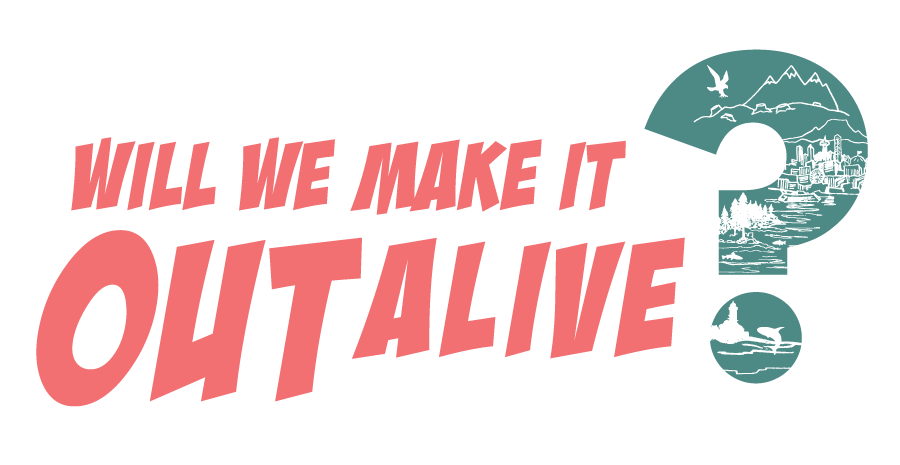GIS Tool: Identity
/The Identity tool creates a geometric intersection of two map layers, creating a new data set that has the attributes of both original layers, along with new geometry split where the two layers overlap. Let me describe it with an example. First, a little background.
Do you know your identity?
The Identity tool was just one of many tools used in Phase 1 of the Beach Strategies project. This project was discussed in the GIS segment of Episode 13: Knights of the Nearshore.
The Department of Ecology has a Coastal Zone Atlas, which is a GIS mapping tool with many layers of data. However, the data is pretty coarse and in some cases not very accurate, and it is not very easy to use.
To help solve this problem, a project called Beach Strategies was initiated. This is a two phase project which is in the second phase now. It was initiated and funded by the state.
Phase 1 was all about collecting the data and was completed in 2017. New tools and better sources were used to map historic feeder bluffs, shoreline armoring in pilot areas, drift cells, and more coastal features. There is a video describing GIS data created in Phase 1, along with potential uses of the data.
These cool cats know their identities!
The Identity tool was used in the Beach Strategies project to split the drift cell lines by parcel lines, so one single drift cell was split into multiple drift cell segments based on parcel boundaries, and the parcel ID and attributes from the parcel layer were added to the new drift cell segments. This is useful information later for outreach efforts. The Identity tool is easy to run and only requires a few inputs, but it does require an advanced license of the Esri desktop software.
Phase 2 of the Beach Strategies project is about developing strategies and easy to use decision making tools. Phase 2 is supposed to wrap up later this year, and the GIS-based decision making tools will be available on the WDFW website. Since it doesn’t exist yet I can’t link to it, but I’d check here. Be on the lookout for that!



